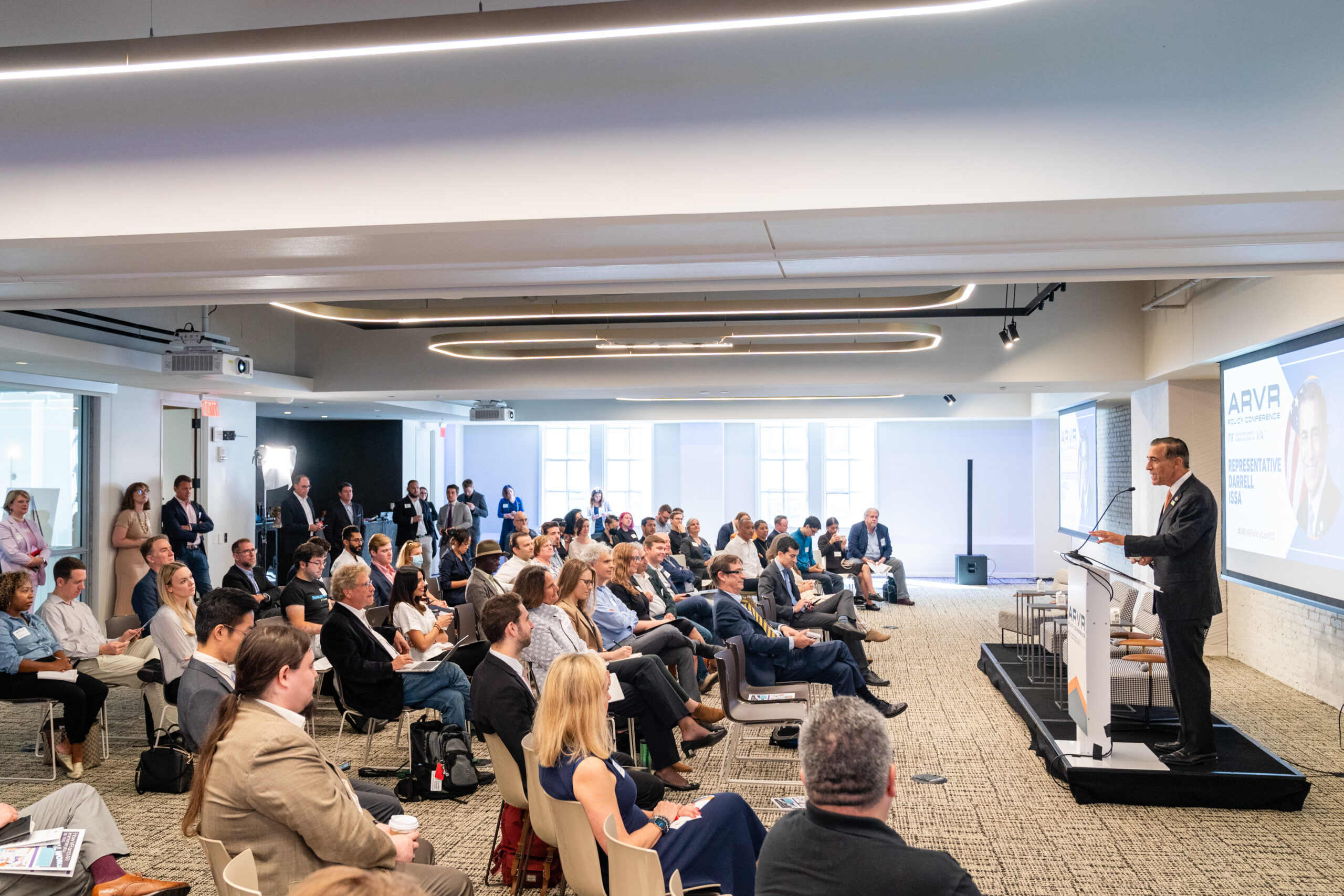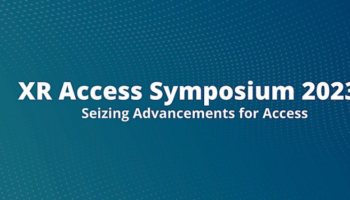Washington, D.C. -The XR Association (XRA) and the Information Technology and Innovation Foundation (ITIF) will host the third annual AR/VR Policy Conference in Washington, D.C. on September 14. This event aims to bring together policymakers, civil society, industry leaders, and technology enthusiasts to explore the latest developments and discuss the future of augmented reality (AR) and virtual reality (VR) technologies.
One of the panel discussions during the conference will revolve around workforce development. Titled “How Immersive Technologies Will Shape the Future of Work,” this panel will delve into the transformative potential of AR and VR in shaping the future of workforce development. The discussion will highlight the various ways immersive technologies can be utilized for skills training and professional development and how policymakers can help facilitate the use of this cutting-edge technology.
The focus on workforce development aligns with XRA’s ongoing policy efforts in this industry. XRA worked closely with Representative Lisa Blunt Rochester (D-DE) and Representative Tim Walberg (R-MI) on the reintroduction of H.R. 3211, the Immersive Technology for the American Workforce Act of 2023. This bill would provide grants to community colleges and career and technical education centers to use XR technology for workforce development and skills training. With H.R.3211, colleges and education centers will be able to invest in XR technology for on-the-job training, helping to advance the future of work.
H.R.3211 represents a significant opportunity for colleges and education centers to leverage XR technology for workforce training, equipping workers with the necessary skills to succeed in the rapidly evolving job market. By investing in immersive technologies, educational institutions can ensure individuals are well-prepared for the demands of a tech-driven world.

Visit the XRAction Center and encourage your Representative to cosponsor H.R.3211 to advocate for its passage. By supporting this legislation, stakeholders can contribute to the advancement of XR technology in workforce development, fostering a more inclusive and adaptable workforce for the future.





